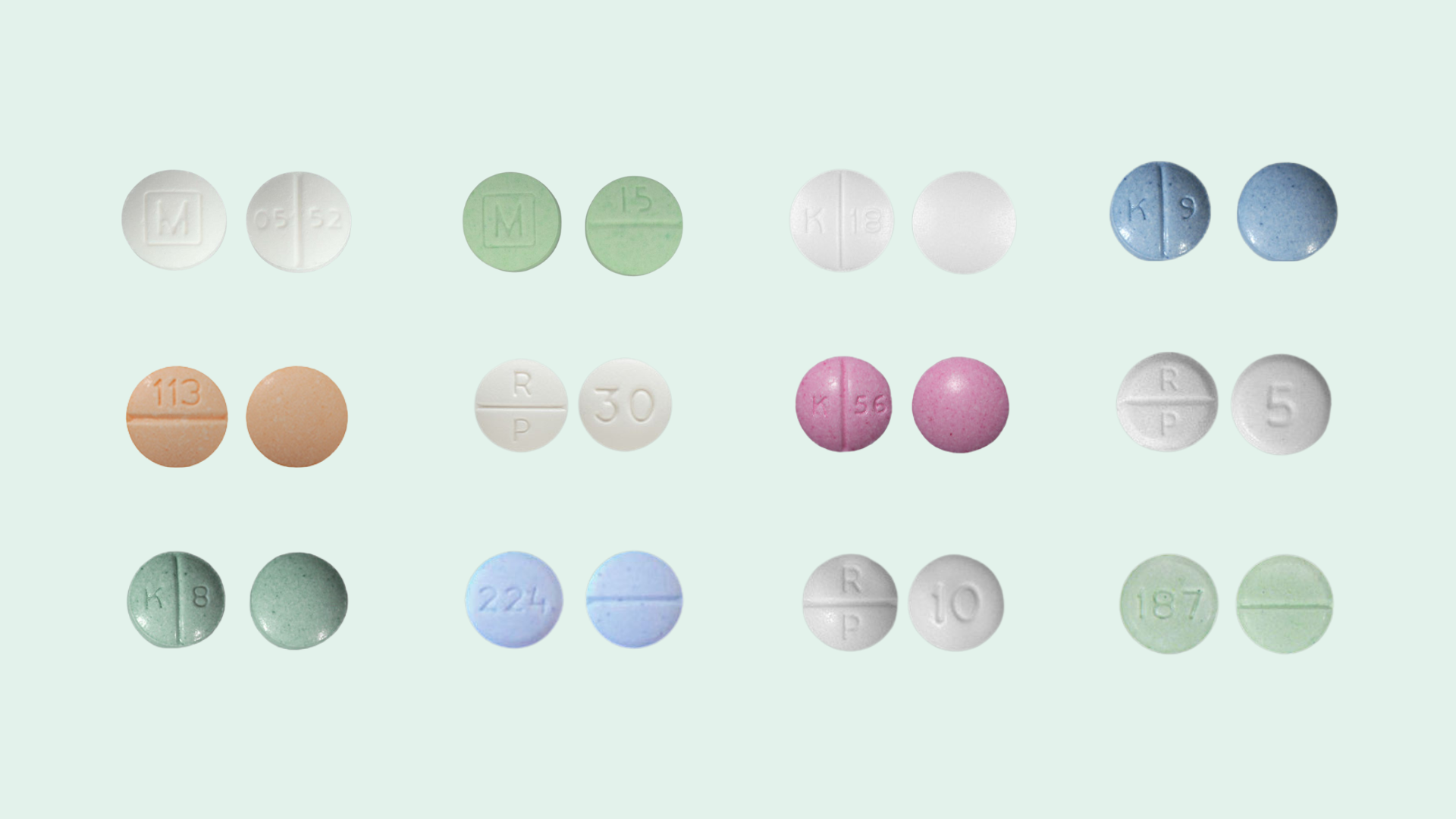What Are the Signs of Oxycodone Addiction?
Signs of oxycodone addiction include:
- An increase in pain after skipping the drug
- Sudden changes in mood
- Disrupted sleep patterns
- Complaints of pain
- Doctor shopping (visiting multiple doctors to obtain multiple prescriptions)
- Social withdrawal
- Financial struggles
What Happens in Oxycodone Addiction Treatment?
Oxycodone addiction treatment encompasses various approaches tailored to the individual’s specific needs. The treatment may include detoxification, medication-assisted treatment (MAT), counseling, and behavioral therapies. The primary goal of treatment is to help individuals identify and change the behaviors that contribute to their drug use while providing support throughout the recovery process.
Detoxification is often the first step in oxycodone addiction treatment, involving the removal of the drug from the body. Medications may be prescribed to manage withdrawal symptoms and cravings. Counseling and behavioral therapies play a crucial role in helping individuals develop coping mechanisms and healthy strategies for long-term recovery.
Stages of Treatment for Oxycodone Addiction
Oxycodone addiction treatment typically involves several stages, each designed to address specific aspects of the recovery process. The stages may include:
- Assessment: A comprehensive evaluation of the individual’s physical and psychological health, as well as their addiction history, is conducted to determine the most appropriate treatment plan.
- Detoxification: The first stage of treatment involves detoxifying the body from oxycodone. This process can be challenging, as withdrawal symptoms may occur. Medical supervision and support are provided to ensure the safety and comfort of the individual.
- Medication-assisted treatment (MAT): Medications such as buprenorphine, methadone, or naltrexone may be prescribed to manage cravings and withdrawal symptoms. These medications work by normalizing brain chemistry and reducing the risk of relapse.
- Counseling and therapy: Individual and group counseling sessions are essential components of oxycodone addiction treatment. These sessions help individuals address underlying issues, develop coping skills, and learn relapse prevention strategies.
- Behavioral therapies: Various behavioral therapies, such as cognitive behavioral therapy (CBT) and contingency management, are used to help individuals modify their thoughts, behaviors, and attitudes related to drug use.
- Aftercare and support: After completing the initial treatment program, individuals are encouraged to participate in aftercare programs and support groups. These resources provide ongoing support, guidance, and accountability as individuals navigate their recovery journey.
What to Expect During Oxycodone Addiction Treatment
The journey to recovery from oxycodone addiction can be challenging, but with the right support and resources, it is entirely possible. During treatment, individuals can expect:
Safe and Supportive Environment
Treatment programs are conducted in a safe and comfortable environment, where individuals can focus on their recovery without distractions or triggers.
Medically Supervised Detoxification
If necessary, individuals will undergo detoxification under medical supervision to manage withdrawal symptoms and ensure their safety.
Medication-assisted Treatment (MAT)
Medications may be prescribed to help manage cravings, reduce withdrawal symptoms, and support the recovery process.
Individual and Group Counseling
Regular counseling sessions, both individual and group-based, are an integral part of treatment. These sessions provide a safe space to explore underlying issues, develop coping strategies, and receive support from peers and professionals.
Behavioral Therapies
Evidence-based behavioral therapies are utilized to address the psychological aspects of addiction and teach individuals the necessary skills to maintain long-term sobriety.
Holistic Approaches
Treatment programs may incorporate holistic approaches such as mindfulness practices, exercise, nutrition counseling, and expressive therapies to promote overall well-being.
Aftercare Planning
As individuals near the end of their treatment program, a comprehensive aftercare plan will be developed to support their transition back into everyday life. This may include continued therapy, support group participation, and access to community resources.
How to Maintain Recovery After Oxycodone Addiction Treatment
Recovery from oxycodone addiction is a lifelong journey that requires ongoing commitment and support. Here are some strategies to help maintain sobriety after completing oxycodone addiction treatment:
- Follow the aftercare plan
- Take your medicine (if prescribed)
- Build a support system
- Practice self-care
- Identify triggers
- Seek professional help
- Practice mindfulness
- Set realistic goals
- Avoid enabling environments
Remember, recovery is a unique journey, and everyone’s experience may differ. It is essential to find what works best for you and stay committed to your recovery goals. With the right support and a proactive approach, long-term recovery from oxycodone addiction is possible.

